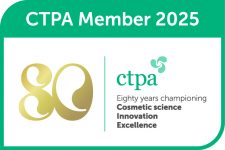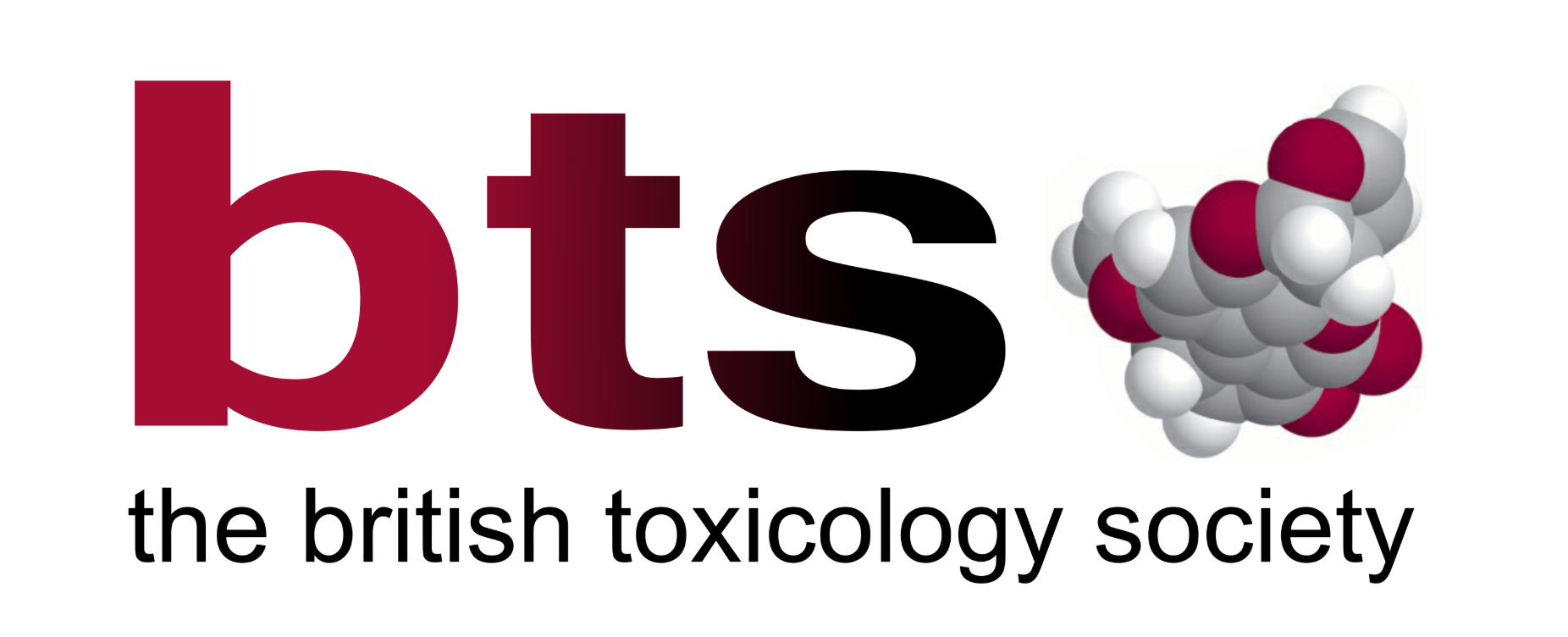Importing Ready-Made Cosmetics into the UK: What You Need to Know
If you’re a UK-based cosmetic brand owner importing ready-made products from outside the UK and EU, like India, Korea, Thailand, China, there are some important things you need to know before you can legally sell those products in the UK. One of the key steps is having a Cosmetic Product Safety Report (CPSR) prepared—and I can help with that. But first, let’s go through the essentials.
You Are the Responsible Person (RP)
When you import cosmetics from outside the UK, you automatically become the Responsible Person (RP) for that product. This isn’t just a title—it’s a legal obligation. As the RP, you must make sure the product is safe, compliant with UK regulations, and properly labelled. You’re also responsible for keeping all the required documents up to date.
You Need a Product Information File (PIF)
To sell your product in the UK, you must prepare a Product Information File (PIF). It contains everything that proves its safety and quality.
Here’s what you’ll need to include:
- Safety Assessment: A full CPSR needs to be included.
- Testing Documentation: Documents from your manufacturer showing what testing has been done—like stability testing to show the product won’t go off before its expiry date, and challenge testing to ensure it’s safe from microbial contamination.
- Ingredient Documentation: It’s not enough to just have an ingredient list. You need to know the raw materials that went into making the product, not just the final names. Ask your manufacturer for specific documents:
- Certificates of Analysis (CoA) for raw materials
- Material Safety Data Sheets (MSDS)
- Specifications for each ingredient
GMP Compliance: What to Ask Your Manufacturer
Good Manufacturing Practice (GMP) is a quality control system that ensures products are consistently produced and controlled to high standards. If your manufacturer is not following GMP principles, your product may not be legally sellable in the UK.
Ask your manufacturer:
- Are you certified under ISO 22716 (the GMP standard for cosmetics) or equivalent?
- Can you provide documentation proving this?
- What quality control measures are in place during production?
Ingredients Unique to the Country of Origin
Some products may contain ingredients that are traditional or common in their country of origin but not widely used in the UK. These might include extracts or herbs used in traditional medicine.
What you should ask:
- What is the purpose of this ingredient?
- Is it safe for cosmetic use according to EU/UK regulations?
- Are there toxicology reports or scientific studies available?
If it’s a new or less familiar ingredient, your safety assessor may need extra information to make sure it’s safe for use.
Packaging Considerations
Will your products be packaged in the originating country or here in the UK? This matters for labelling and compliance.
If packaged abroad:
- Check the labelling meets UK requirements (e.g., INCI names for ingredients, allergens clearly listed).
If packaged in the UK: - Make sure the bulk product is shipped safely, and you have full documentation for the contents.
An Ingredient List Is Not Enough
Simply having an ingredient list won’t cut it. Your safety assessor (like me!) needs information on the raw materials used to make the product, including extraction methods for plant-based ingredients and any solvents or preservatives used. Will the manufacturer share the percentages of each material used, and the percentage breakdown of any mixtures used?
Special Considerations for Extracts
If your product contains extracts, it’s important to understand:
- How the extract was made (e.g., water, alcohol, glycerine extraction)
- If it’s a mixture of several extracts
- What solvents were used (if any)
This is vital for the CPSR, as it affects both safety and regulatory compliance, and affects the order of ingredient listing on the pack.
Is There Anything Else?
Yes! A few extra things to keep in mind:
- Make sure the product is labelled in English.
- Check if there are any import restrictions for certain ingredients.
- Ensure that claims on the product are legal and not misleading.
Need Help to get the CPSR?
I can prepare your CPSR, guide you through the documentation process, and make sure your imported products are fully compliant with UK regulations.
Get in touch today to make your import process smoother and fully compliant.
About the Author

Geraldine Garrs is a member of the Royal Society of Chemistry, CTPA, British Toxicology Society and the Society of Cosmetic Scientists. Geraldine is an independent Cosmetic Safety Assessor and Chartered Chemist with over nine years of experience helping more than 700 brands ensure their cosmetic products are safe and compliant. She specialises in preparing Cosmetic Product Safety Reports (CPSRs) for UK and EU. Geraldine is passionate about supporting small cosmetic businesses and simplifying complex regulations. Learn more at www.generalcosmeticsafety.co.uk
Get in Touch
If you’d like to discuss any of your products or ranges, please use the contact form here.
Qualifications: CChem (Royal Society of Chemistry). MSc (Distinction), University of Strathclyde, BSc (Hons) Chemistry, University of Nottingham and Certificate – Safety Assessment of Cosmetics in the EU, Vrije University Brussels





